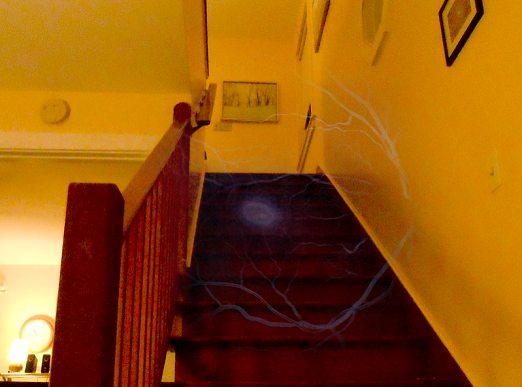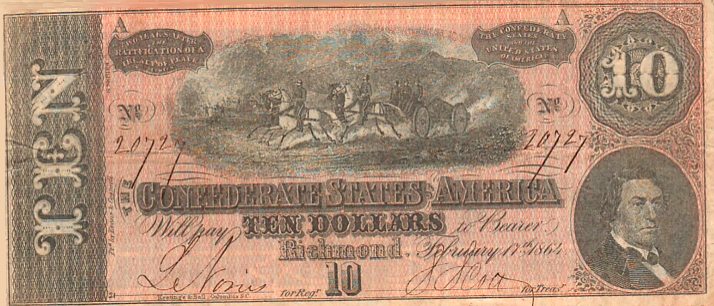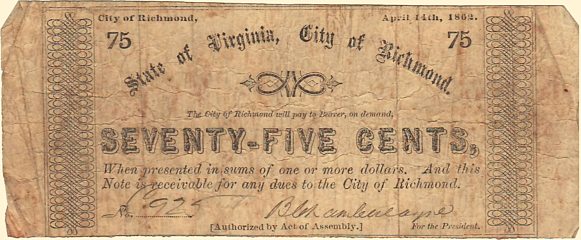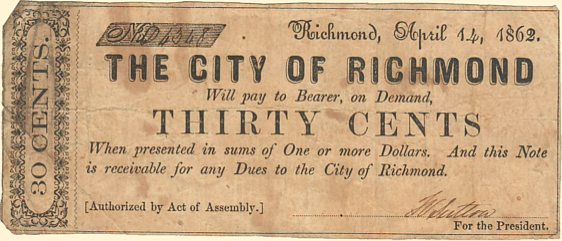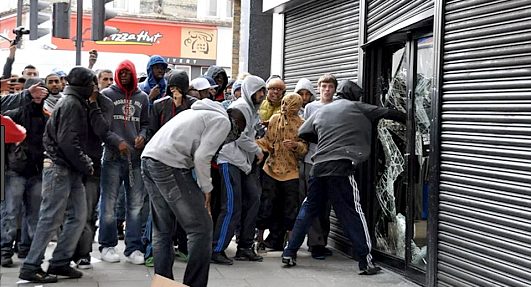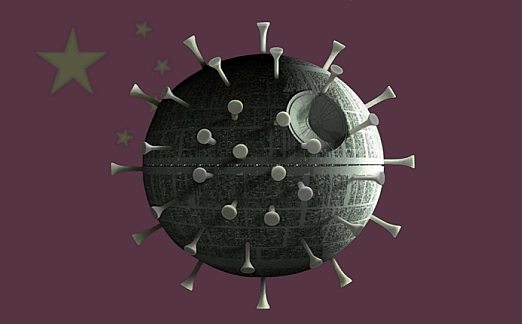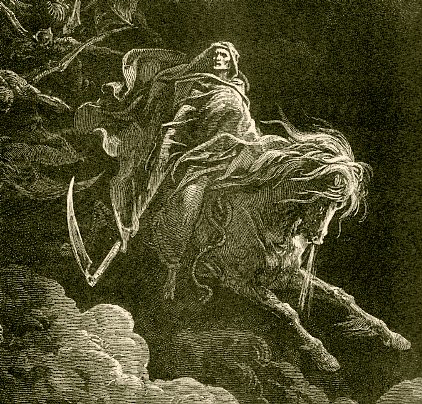
Unless some compelling reason emerges in future years, this will be my last 9-11 anniversary post.
It’s been an educational twenty years, to say the least. The first three anniversaries came up before Dymphna and I started blogging in October of 2004. During those years we had begun our studies of Islam and sharia, eventually launching Gates of Vienna to make our own small contribution to what later became known as the Counterjihad. From 2005 onward, one or the other of us always did a commemorative post when September 11th rolled around.
 I still remember what I was doing when I heard the news on that bright, cool September morning, and how the day subsequently unfolded, but I’m not going to write about all that — I’ve covered it too many times before. And I’ll stay away from the political sequelae, except to note that the way the Patriot Act was eventually abused was at least as bad as the most skeptical libertarians predicted, and probably worse.
I still remember what I was doing when I heard the news on that bright, cool September morning, and how the day subsequently unfolded, but I’m not going to write about all that — I’ve covered it too many times before. And I’ll stay away from the political sequelae, except to note that the way the Patriot Act was eventually abused was at least as bad as the most skeptical libertarians predicted, and probably worse.
Over the next decade I spent a lot of time educating myself about Islam and sharia. Beginning in 2009, retired Major Stephen Coughlin was especially helpful in furthering my education. He made me understand the depth and breadth of the penetration of the federal government and the military by the Muslim Brotherhood, to the point that we had written sharia into the constitutions that we devised for Iraq and Afghanistan.
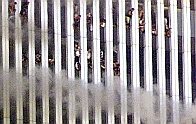 At first it seemed that a combination of ignorance and cluelessness had led to such foolhardy behavior, but as time went by — especially after the Islamophiles in the Obama administration got going full throttle — I realized that there was more than mere ignorance at work. Yes, there were plenty of ill-informed and stupid people at the upper levels of the government and the military, but John Brennan — just to pick an example — was not one of them. There was no way that he could have failed to understand exactly what the Muslim Brotherhood was up to. Thus we can only conclude that Islamization is part of the Deep State’s plan for the deconstruction of Western Civilization.
At first it seemed that a combination of ignorance and cluelessness had led to such foolhardy behavior, but as time went by — especially after the Islamophiles in the Obama administration got going full throttle — I realized that there was more than mere ignorance at work. Yes, there were plenty of ill-informed and stupid people at the upper levels of the government and the military, but John Brennan — just to pick an example — was not one of them. There was no way that he could have failed to understand exactly what the Muslim Brotherhood was up to. Thus we can only conclude that Islamization is part of the Deep State’s plan for the deconstruction of Western Civilization.
As the teens wore on, my cynicism and disillusionment about our government got worse and worse. I had started out with the naïve idea that there were decent people among our political leaders who really were attempting to do their best for the country. However, the true state of affairs eventually became ineluctable: corruption and malevolence were (and are) the norm, from the lowest to the highest levels of government. There are a few very rare exceptions, but they play no meaningful role in steering the ship of state.
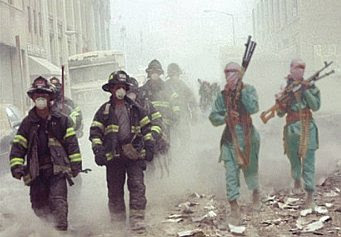
The five years since Donald Trump stormed onto the political scene have really clarified the extent of the evil rot that has eaten out the core of our political and cultural institutions. The investigation and impeachment of Mr. Trump revealed the true purpose of the Patriot Act. And last fall’s election showed that the Deep State now has full control over the counting of the votes, so that no future elections will show any results other than those they intend. Diehard Republicans who are salivating over the midterms or 2024 are the most clueless of all. If they haven’t yet realized the nature of our new totalitarian dystopia, they probably never will. There’s no voting our way out of this.
So here we are, twenty years later. Afghanistan has reverted to what it was in 2001, except with much better roads, airfields, telecommunications, and surveillance equipment. We just handed the country over to the mujahideen we overthrew back then, lavishing upon them such quantities of state-of-the-art munitions and equipment that they will be the most powerful jihad army ever assembled, courtesy of the United States of America.
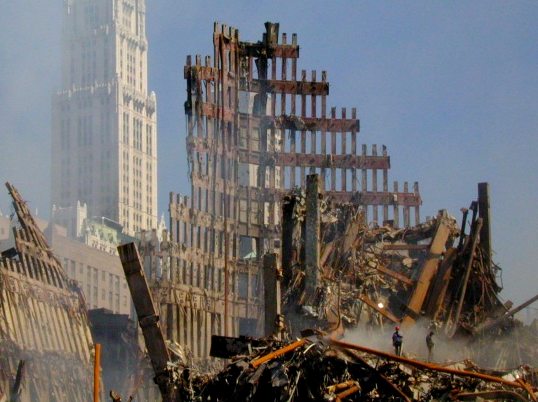
Here at home we are entering the full Corona despotism that the paranoid cynics among us have been predicting ever since the start of the “pandemic”. Since I intend to remain unjabbed, by this time next year I don’t know whether I’ll be able to get medical treatment, or eat in a restaurant, or even shop in a supermarket. By September 11, 2022 I might be unable to post a 9-11 commemoration, even if I wanted to.
I remember the ubiquitous “Never Forget” banners that popped up all over the place after 9-11. I didn’t forget.
I remember the “Let’s roll!” spirit that emerged. I rolled as best I could.
I remember when George W. Bush promised to hunt down the evil perpetrators and bring them to justice. And he did manage to round up quite a few of them and stash them in Gitmo until they were released to become ministers in the new government of Afghanistan.


